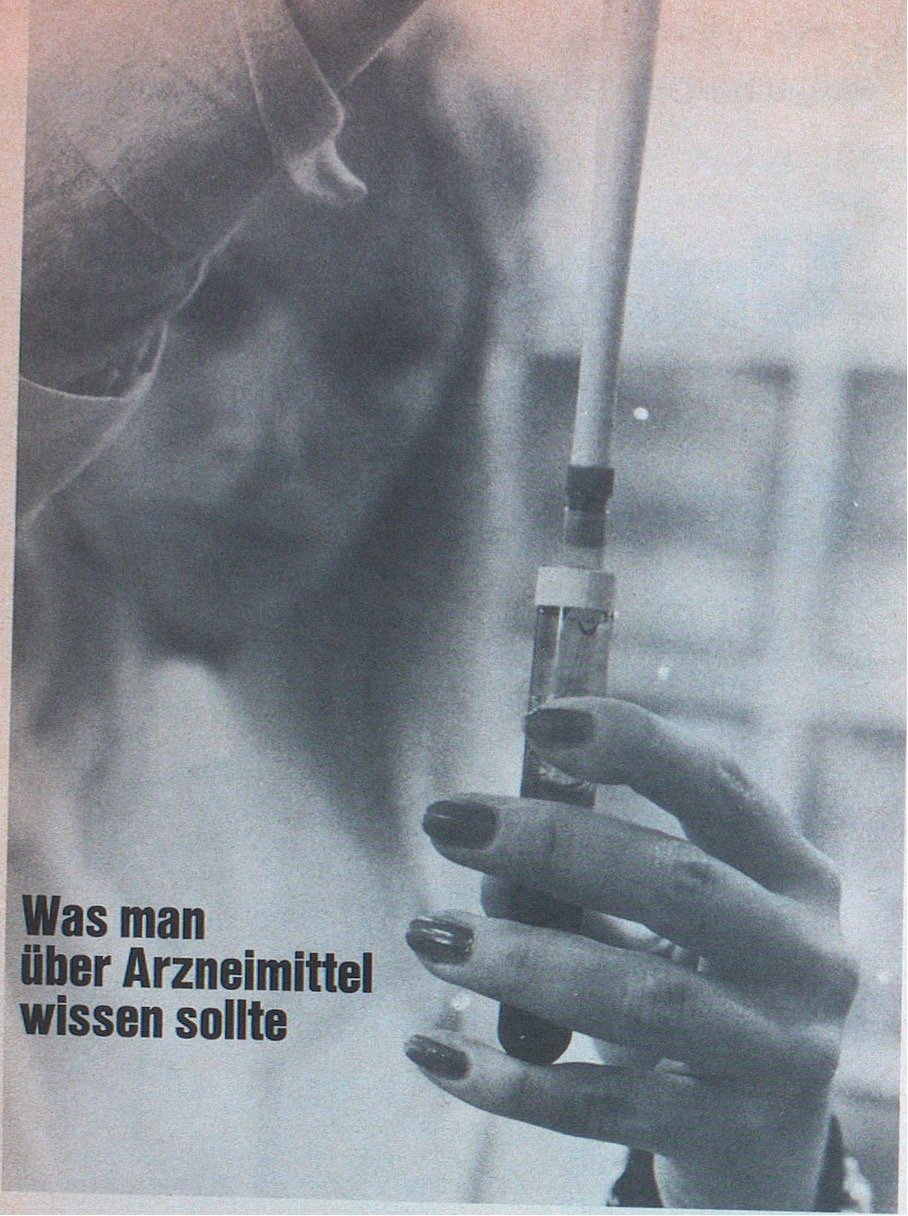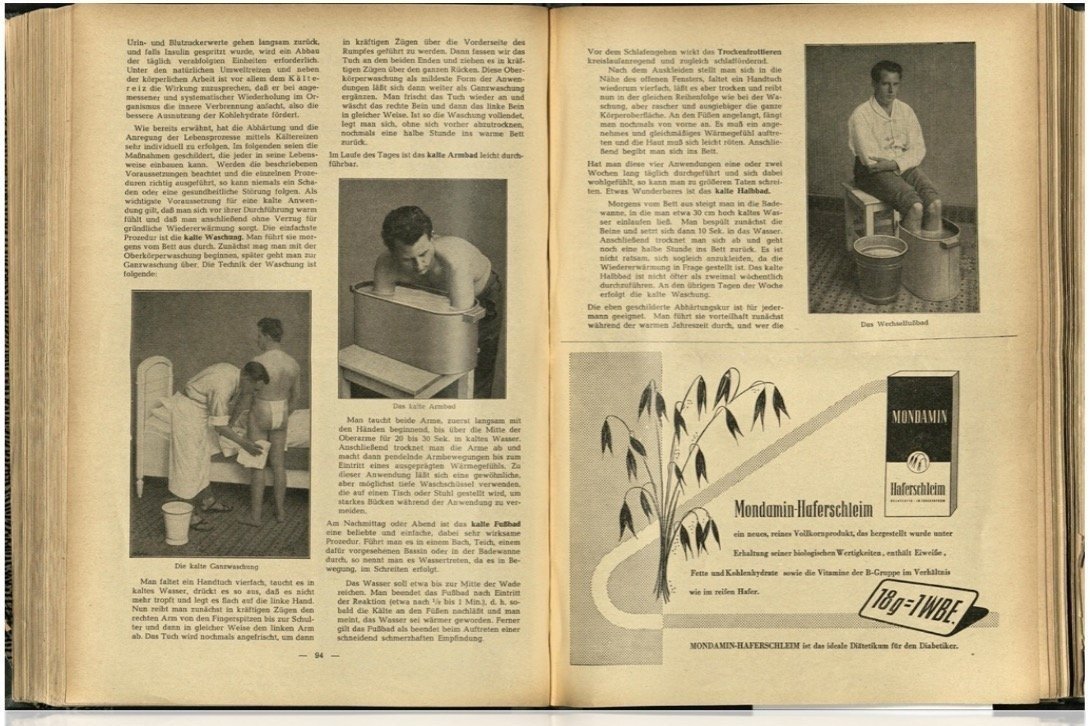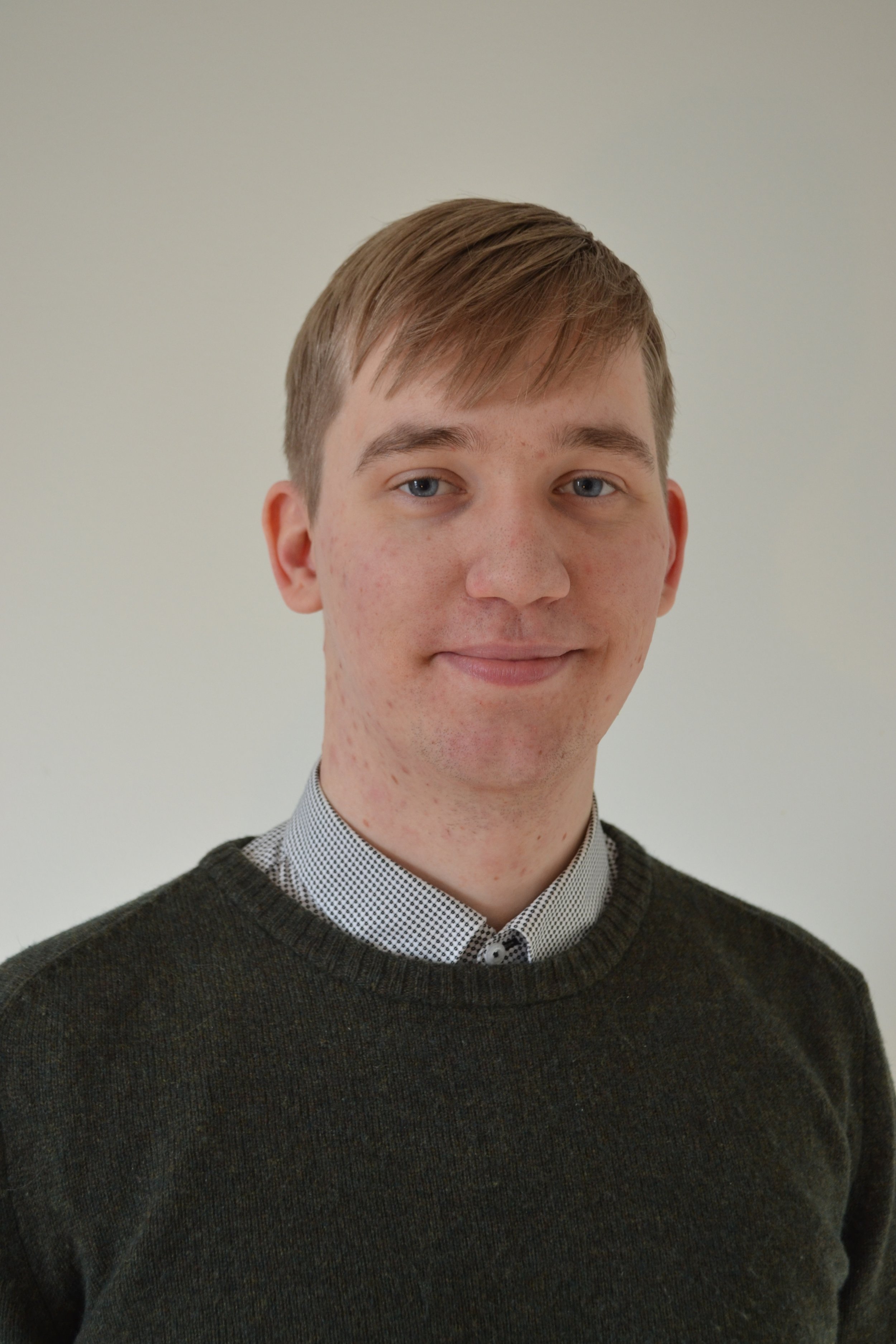
ActDisease
Acting out Disease: How Patient Organizations Shaped Modern Medicine
Patient organizations are today among the largest and most influential social movements worldwide.
This project investigates how they contributed to shaping disease concepts, illness experience, and medical practices throughout the 20th century.
ActDisease works across disciplines and methods to capture the long and broad history of patient organizations in Europe. It combines studies in historical archives and close reading of texts with computer-based analysis of sources.
The study objects are patient organizations in four European countries. They include allergics’ organizations that pushed for the acknowledgment of their ailments as somatic illnesses around 1900, diabetics’ associations that helped enable an advanced self-management regimen from the 1930s, and organizations for neurological diseases that coordinated rehabilitation resources in the 1950s. They all have in common that they issued newsletters, reports, and magazines through which they communicated with their members and wider audiences. By combining close and distant reading of these sources, we aim to shed new light on how patients’ involvement in knowledge generation and decision-making developed over the past century.
ActDisease is funded with an ERC Starting Grant (ERC-2021-STG 101040999), is led by Ylva Söderfeldt and placed at the Department of History of Science and Ideas, Uppsala University, Sweden. It is conducted in close collaboration with the Centre for Digital Humanities and Social Sciences (CDHU) and Centre for Medical Humanities (CMH) at Uppsala University.
Workshop on Linguistic Analysis for Health (HeaLing’26)
Rabat, Morocco, March 28
ActDisease proudly presents the upcoming workshop HeaLing, which brings together researchers across the humanities, social sciences, and biomedicine who work with language data in medicine and health.
HeaLing is part of the 19th Conference of the European Chapter of the Association for Computational Linguistics (EACL).
Please visit the workshop website for details!
Keynote: Professor Kirsten Ostherr, Rice University, USA
CULTIVATING PATIENTS
CULTIVATING PATIENTS
Research Team
-

Ylva Söderfeldt (PI)
PhD, Professor at the Department of History of Science and Ideas
-
Gijs Aangenendt
MA, Research Assistant
-

Andrew Burchell
PhD, Postdoc
-

Vera Danilova
PhD, Postdoc
-

Adam Maen
Research engineer at CDHU
-

Julia Reed
PhD, Postdoc
-

Maria Skeppstedt
Affiliated researcher, Stockholm University
-

Tim Debroyer
Affiliated PhD student, KU Leuven
Publications
-
Maria Skeppstedt, Magnus Ahltorp, Kostiantyn Kucher, Gijs Aangenendt, Matts Lindström & Ylva Söderfeldt. 2025. The Word Rain visualisation technique applied to digital history: How to visualise, explore and compare texts using semantically structured word clouds. In Gerlof Bouma, Dana Dannélls, Dimitrios Kokkinakis & Elena Volodina (eds.), Huminfra handbook: Empowering digital and experimental humanities ( NEALT Proceedings Series 59), 147–182. University of Tartu Library. DOI: 10.58009/aere-perennius0175
Maria Skeppstedt, Adam Maen, Vera Danilova, Gijs Aangenendt, Andrew Burchell, Ylva Söderfeldt. 2025. Exploring Patient Organization Periodicals with the Topic Timelines Text Visualization Method. In Paper proceedings Huminfra Conference 2025, 88-100. https://www.huminfra.se/resources/humevents/hic-2025_proceedings.pdf
Gijs Aangenendt, Maria Skeppstedt & Karl Berglund. 2025. Applied NLP for humanities research. In Gerlof Bouma, Dana Dannélls, Dimitrios Kokkinakis & Elena Volodina (eds.), Huminfra handbook: Empowering digital and experimental humanities (NEALT Proceedings Series 59), 77–111. University of Tartu Library. DOI: 10.58009/aere-perennius0173
Ylva Söderfeldt, Jonatan Samuelsson (2025). Patient Mobilisation in the Epidemiological Transition: How Tuberculosis Patients made the ‘Heart Sick’, Social History of Medicine https://doi.org/10.1093/shm/hkaf051
Vera Danilova and Ylva Söderfeldt. (2025). Classifying Textual Genre in Historical Magazines (1875-1990). In Proceedings of the 9th Joint SIGHUM Workshop on Computational Linguistics for Cultural Heritage, Social Sciences, Humanities and Literature (LaTeCH-CLfL 2025), pages 160–171, Albuquerque, New Mexico. Association for Computational Linguistics.
Vera Danilova and Gijs Aangenendt. (2025). Post-OCR Correction of Historical German Periodicals using LLMs. In: Proceedings of the Third Workshop on Resources and Representations for Under-Resourced Languages and Domains (RESOURCEFUL-2025), pages 120–129, Tallinn, Estonia. University of Tartu Library, Estonia.
Söderfeldt, Y.; Burchell, A.; Reed, J.; Skeppstedt, M. (2025): Topic Timelines for Enabling Close and Distant Reading of Discursive Shifts. A Pilot Case Using Periodicals of European Diabetes Organizations. Journal of Open Humanities Data. DOI: 10.5334/johd.286
Skeppstedt, M., Ahltorp, M., Aangenendt, G., & Söderfeldt, Y. (2025). Further Developing the Word Rain Text Visualisation Technique in a Digital History Project. Digital Humanities in the Nordic and Baltic Countries Publications, 7(2). https://doi.org/10.5617/dhnbpub.12292 Selected as “Best long paper” at the DHNB 2025 conference
Ahltorp, A. & Skeppstedt M. (2024). 1 1/2 years of developing Word Rain. Extended abstract presented at Swedish Language Technology Conference
https://sltc2024.github.io/abstracts/ahltorp.pdfSkeppstedt, M., Aangenendt, G., Danilova, V., Söderfeldt, Y. (2024). Topics in Periodicals from the Swedish Diabetes Association 1949 – 1990: Extending the Topic Modelling Tool Topics2Themes with a Timeline Visualisation. Selected papers from the CLARIN Annual Conference 2023 (Linköping Electronic Conference Proceedings 210), Eds. Krister Lindén, Thalassia Kontino and Jyrki Niemi. https://doi.org/10.3384/ecp210015
Skeppstedt, M. & Aangenendt, G. (2024). Using the Word Rain Technique to Visualize Longitudinal Changes in Periodicals from the Swedish Diabetes Association. In: Yousef, T. & Al-Khatib, K. (eds.), Vis4NLP 2024 - Workshop on Visualization for Natural Language Processing. The Eurographics Association, 2024. https://doi.org/10.2312/vis4nlp.20241132
Aangenendt, G., Skeppstedt, M., & Söderfeldt, Y. (2024). Curating a historical source corpus of 20th century patient organization periodicals. In: Proceedings of the Huminfra Conference (HiC 2024), 76–82. https://doi.org/10.3384/ecp205011
-
Repositories
Word Rains: https://github.com/CDHUppsala/word-rain
Topic Timelines: https://github.com/CDHUppsala/topic-timelines
Customised OCR Correction: https://github.com/CDHUppsala/Customised-OCR-Correction





